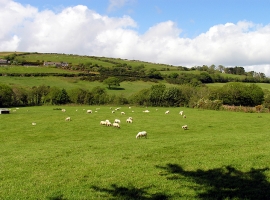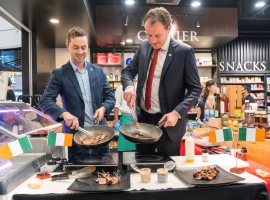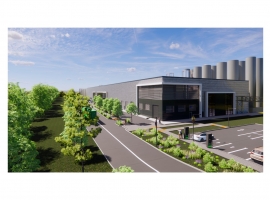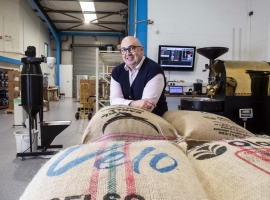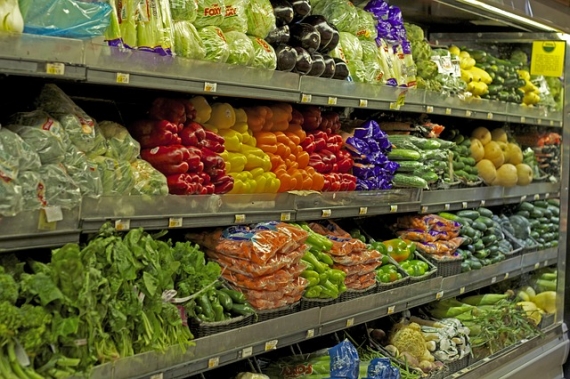
Brexit is the single biggest challenge facing the food and drink industry, and within that, the supply chain is one of the highest risks. This is according to a series of reports by Bord Bia to assess the sector’s readiness for Brexit and to assist Irish food and drink exporters to plan for a number of eventualities.
The report finds that increased lead times, especially when related to short shelf life products, in conjunction with a complex and intense supply chain, is a key issue for the industry.
This report follows the release of Bord Bia’s Brexit Barometer in June, which found that 88% of respondents in the food and drink sector state that their commercial model is moderately or highly dependent on low supply chain costs; and 64% state that their commercial models are sensitive to increases in lead times.
A significant risk which has been identified is the potential for disruption to the frictionless movement of exports through the UK to other export markets. These product flows could be subject to future tariffs or delays, and new supply chains to service existing markets need to be explored, according to Bord Bia.
Currently, food and drink products can move freely within the European Union (EU), the European Economic Area (EEA) and Turkey without customs checks, there are no limits to quantities of import or exports or any other trade restrictions. The requirements for documentation to accompany shipments within the EU are minimal.
However, the report believes it is very likely these factors will change for trade between Ireland and the UK post Brexit, and Irish food and drink companies must take steps to limit the impact of these changes on their supply chain.
Uncertainly remains around the UK’s status as trading partner in the future and the report outlines several possible scenarios for the food and drink industry post Brexit. These include the possibility that there will be additional customs processes and checks adding time at borders, which in turn impacts costs and driver driving time limits.
Speaking this week, Overseas Trade Manager at Bord Bia, Shane Hamill said, "There are significant challenges ahead for Irish companies in the food and drink sector, many of whom rely heavily on the UK landbridge to access other EU markets. It is essential that companies assess or audit the Brexit readiness of their supply chain partners, their market access routes and their channels for accessing raw materials. Many companies will have to consider direct routes to the EU and potentially holding stock closer to the European markets if this is cost effective."
He added, "It is imperative that all companies have a strategy for reducing their cost base, reviewing product and market profitability, and also have contingency plans in place for a range of complex Brexit scenarios."
Source: www.businessworld.ie


